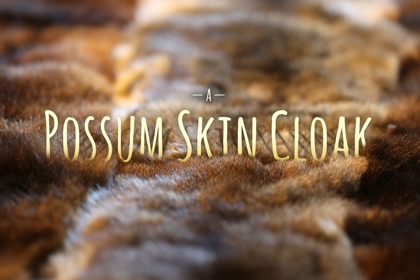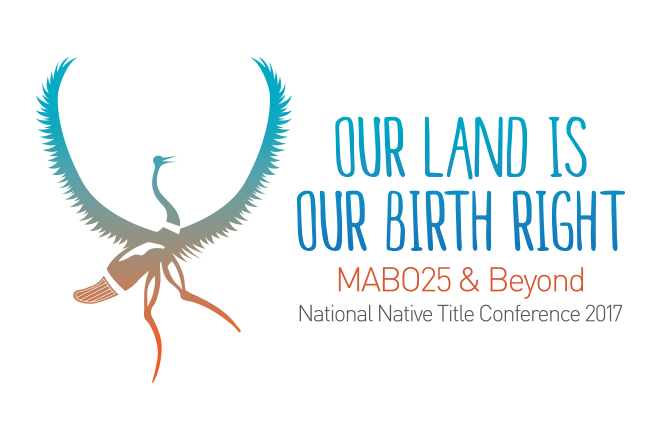Dr Chris Sarra
Executive Director
Stronger, Smarter Institute, Queensland University of Technology

I read my first Koori Mail around 1993, when I was living in Canberra and working on secondment in the Department of Prime Minister and Cabinet. I remember calling up to subscribe, thinking ‘At last we’re seeing a kind of media in which our people are front and centre’. That doesn’t happen anywhere else. Often, all the other newspapers just seem to reflect the negative stereotypes.
What the Koori Mail has done is enabled us to see ourselves more positively. In many ways, it exposes the truth of who we are: Strong, smart, black and deadly. Back in 1991 when the Koori Mail started, I was just a young fella, about twenty one or twenty two and working as the Aboriginal Education Officer for the Department of Employment, Education and Training in Bundaberg. It was a time when they were just starting to set up Aboriginal Students Support Parent Awareness (ASSPA) committees.
It’s fair to say that, back then, we were still waiting around for a serious commitment to making a difference in Indigenous education. We were still waiting around for Aboriginal education to become everybody’s business. It was pigeonholed as something only for blackfellas, when the truth was that everybody had to own responsibility for making a difference.
At the same time, some of us were trying to explain why we were so far behind in terms of the data and trying to justify that circumstance when, in fact, we should simply have been demanding to be up there with everyone else.
I remember very well just how difficult it was even to have a conversation with someone like a regional director about wanting to improve Indigenous education. And much of the literature, although well intentioned, was furnishing a perception that Indigenous kids were just so different, just so exotically different, that teachers forgot that at some level they were just kids in classrooms as hungry to learn and as inquisitive as anybody else.
Today, the tide of low expectations is changing, but clearly the results are still yet to flow. The rhetoric is saying what it needs to, but there’s work to be done in converting it to reality. There’s still too much room to question the extent to which Ministers of education, senior bureaucrats, school leaders and teachers are truly committed to making a difference.
In some ways, though, things are improving. I like to think there’s no place in any educational jurisdiction in any part of Australia where a teacher with low expectations of Indigenous children can hide.
That, at some point, those people and those types of beliefs will be challenged and flushed out. There is definitely a demand for higher expectations and quality education outcomes for Indigenous children, and even today’s Prime Minister signals those demands. I think that’s quite significant and it is important that we honour the contribution of people like Paul Hughes, Peter Buckskin, the late John Budby, and May O’Brien who worked tirelessly to lay a really solid foundation. There were many others too.
All of us have to move beyond the binary of having to choose whether we want our kids to be strong in terms of cultural identity or smart in terms of academic outcomes. We need to understand that there is no choice. We have to demand both. Strong and Smart.
The only way we’ll deliver this is through quality teaching, quality school leadership and quality school community relationships anchored by high expectations.




